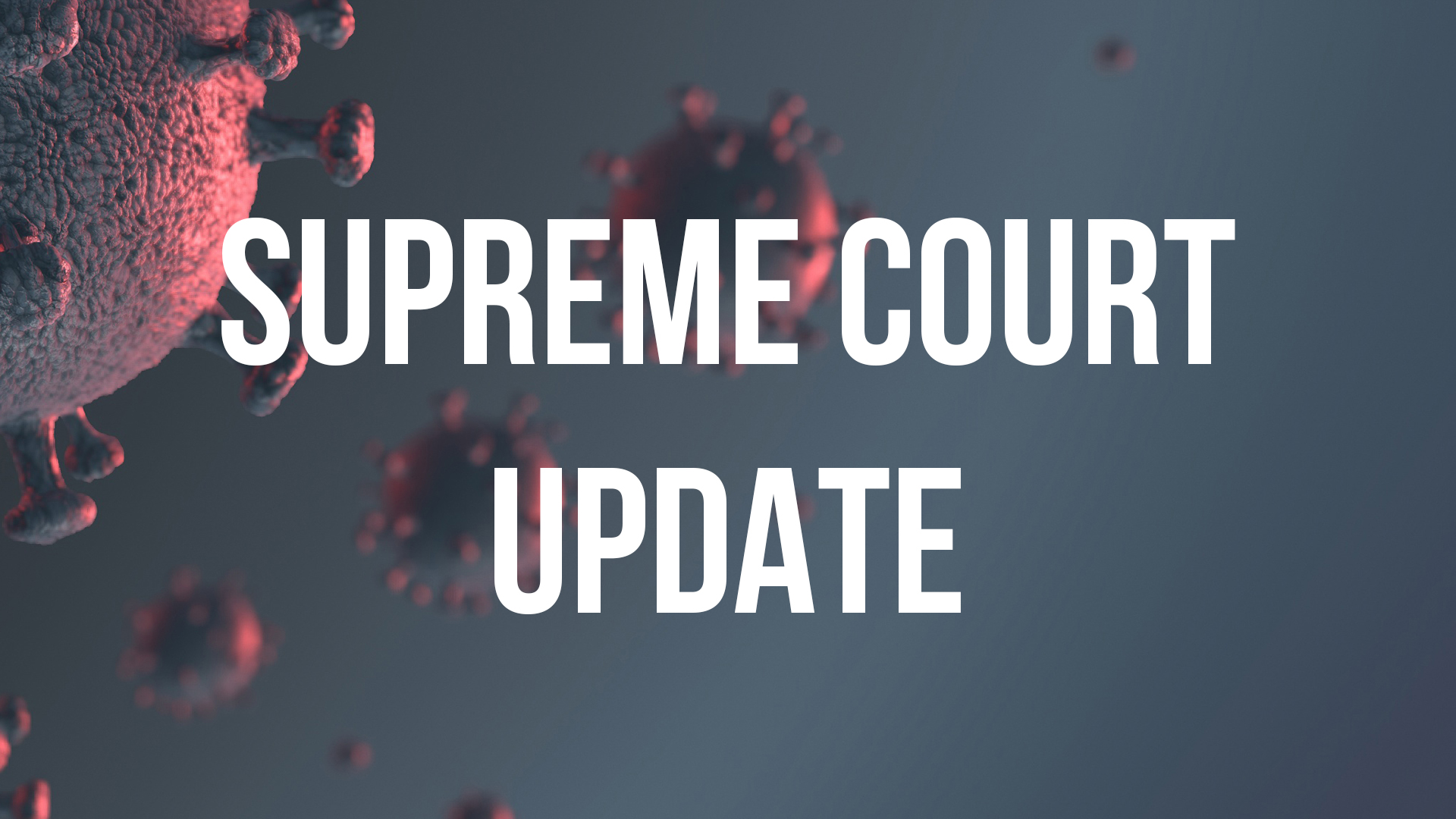
Last year, the Supreme Court blocked a Centers for Disease Control and Prevention eviction moratorium imposed early in the COVID-19 pandemic. That's a break from the past, when federal courts tended to defer to agencies. Several members of the Supreme Court's 6-3 conservative majority have expressed skepticism about the authority of federal agencies to issue regulations in situations where a law passed by Congress is ambiguous, especially when they have major economic or social impacts. The potential implications of the decision were far broader than the EPA and environmental issues. Nineteen GOP-led states, led by West Virginia, appealed that ruling.īeyond emissions: How a major climate case could change the course of Biden's presidency Court of Appeals for the District of Columbia Circuit ruled last year that the way the EPA handled the rollback of the Obama-era rule amounted to a misreading of the 1970 law. New York, 21 other mainly Democratic states, and some of the nation’s largest cities sued over the Trump repeal. The Supreme Court temporarily blocked those regulations from taking effect, and the Trump administration repealed the rules in 2017, easing the requirements on the plants. The appeal had its genesis in an effort by the Obama administration in 2015 to reduce power sector emissions.

military officials and the United Nations have warned about dire and imminent consequences of that phenomena. A report in April found that without immediate emission reductions, limiting global warming to 1.5 degrees Celsius – a key cutoff for curbing sea-level rise – is "beyond reach." Though climate change itself was not widely discussed during oral arguments earlier this year, the case arrived at the high court as scientists, U.S. I cannot think of many things more frightening."Ī first: Judge Ketanji Brown Jackson makes history as Supreme Court's first Black woman justice The court appoints itself – instead of Congress or the expert agency – the decision-maker on climate policy. "Yet the court today prevents congressionally authorized agency action to curb powerplants’ carbon dioxide emissions. In a dissent joined by the court's other two liberals, Associate Justice Elena Kagan wrote that the court was stripping the EPA of a vital authority. A "decision of such magnitude and consequence rests with Congress itself," he said, or an agency acting with clear consent of lawmakers.

His colleagues were in a hurry.īut, Roberts asserted, it wasn't plausible that Congress intended to give the environmental agency the power to regulate those emissions without saying so in the law explicitly. Roberts: Chief Justice Roberts wanted to go slow on Roe. Immigration: Supreme Court: Biden may end Trump-era 'remain in Mexico' policy "Capping carbon dioxide emissions at a level that will force a nationwide transition away from the use of coal to generate electricity may be a sensible 'solution to the crisis of the day,'" Roberts wrote for the majority. Simmering just below the surface was a deeper debate over how much authority all federal agencies have to issue regulations absent explicit authorization from Congress – an issue with far-reaching implications.

#SUPREME COURT LATEST DECISIONS SERIES#
WASHINGTON – The Supreme Court on Thursday ruled against an Environmental Protection Agency effort to regulate power plant emissions, dealing a blow to the Biden administration in one of the most significant climate cases decided by the high court in more than a decade.Ĭhief Justice John Roberts wrote the opinion for a 6-3 majority, the latest in a series of major decisions on abortion, guns and religious freedom in which the court's conservatives largely stuck together. The court's three liberal justices dissented.Īt the center of the climate case was a question about whether the EPA had authority to curb carbon emissions from power plants. Watch Video: Abortion ruling raises questions about legitimacy of Supreme Court


 0 kommentar(er)
0 kommentar(er)
